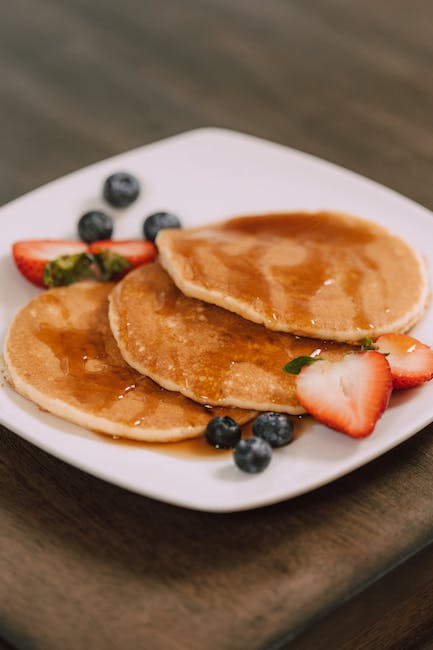Is Corn Gluten-Free? Unveiling the Truth About Corn and Gluten Sensitivity
Are you navigating the complexities of a gluten-free diet and find yourself questioning which foods are safe to enjoy? If you’ve ever wondered about corn and its place in a gluten-free lifestyle, you’re not alone. This comprehensive guide will delve into the heart of the matter, answering the burning question: Is corn gluten-free? We’ll explore the relationship between corn and gluten, address common concerns, and provide you with the knowledge you need to make informed dietary choices. Whether you’re celiac, gluten-sensitive, or simply health-conscious, this article is your go-to resource for understanding corn’s role in a gluten-free diet.
Understanding Gluten: What It Is and Where It’s Found
Before we can answer whether corn is gluten-free, it’s essential to understand what gluten is. Gluten is a group of proteins found in certain grains, such as wheat, barley, and rye. It’s responsible for the elasticity and chewiness in bread and other baked goods. For individuals with celiac disease or gluten sensitivity, consuming gluten can lead to a range of health issues, from digestive discomfort to more severe reactions.
The Relationship Between Corn and Gluten
- Corn’s Natural Composition: Corn, a cereal grain, is naturally gluten-free. Its proteins are different from the gluten proteins found in wheat, barley, and rye.
- Cross-Contamination Risks: While corn itself does not contain gluten, cross-contamination can occur during processing or if it’s grown near gluten-containing grains.
Is All Corn Gluten-Free? Identifying Safe Corn Products
When it comes to corn products, not all are created equal in the context of a gluten-free diet. Here’s what you need to know:
Whole Corn and Cornmeal
- Whole Corn: Fresh corn on the cob and frozen corn kernels are naturally gluten-free and safe for most people with gluten sensitivities.
- Cornmeal: Pure cornmeal, used for making cornbread and other recipes, is also gluten-free. However, always check for a gluten-free label to avoid cross-contamination.
Processed Corn Products
- Corn Flour and Cornstarch: These are generally gluten-free, but it’s crucial to choose products that are certified or labeled as such.
- Corn-Based Snacks: Many snacks like tortilla chips and popcorn are made from corn, but always read labels to ensure they haven’t been processed with gluten-containing ingredients.
Navigating Gluten-Free Labels on Corn Products
Understanding food labeling is key to maintaining a gluten-free diet. Here’s what to look for:
Certified Gluten-Free Labels
- Certification Standards: Look for products certified by recognized organizations, which means they meet strict gluten-free standards.
- Importance of Certification: Certification offers peace of mind, especially for those with celiac disease, as it indicates the product has been tested and is safe to consume.
Reading Ingredient Lists
- Hidden Gluten Sources: Some additives or flavorings in corn products may contain gluten. Always review ingredient lists carefully.
- Understanding Label Terms: Familiarize yourself with terms like “modified food starch,” which can be derived from wheat and contain gluten.
Common Questions About Corn and Gluten
Can People with Celiac Disease Eat Corn?
Yes, people with celiac disease can eat corn as long as it’s not contaminated with gluten. It’s a nutritious alternative to gluten-containing grains.
Is Corn Safe for a Gluten-Free Diet?
Corn is safe for a gluten-free diet if it’s pure and not at risk of cross-contamination. Always opt for certified gluten-free products when possible.
Conclusion: Embracing Corn in Your Gluten-Free Journey
In summary, corn is a naturally gluten-free grain that can be a healthy and delicious part of your gluten-free diet. By choosing certified gluten-free corn products and being vigilant about reading labels, you can enjoy corn without fear of gluten contamination. Remember to always consult with a healthcare professional if you have any concerns about your specific dietary needs. Now that you’re armed with this knowledge, you can confidently incorporate corn into your meals, knowing it aligns with your gluten-free lifestyle.


